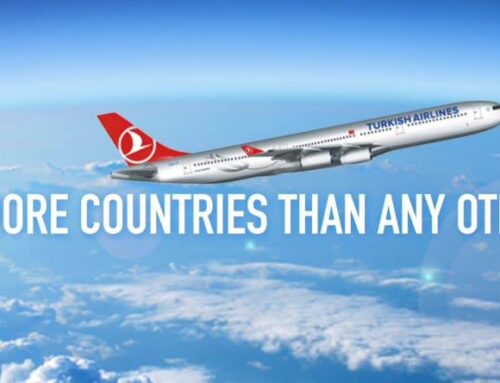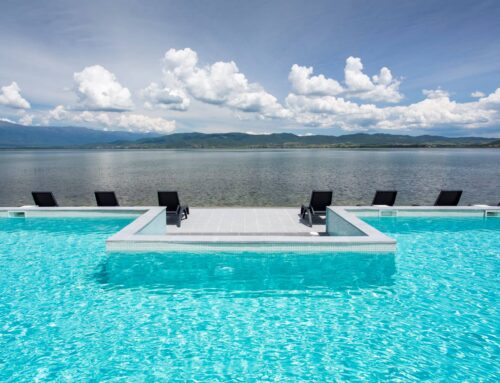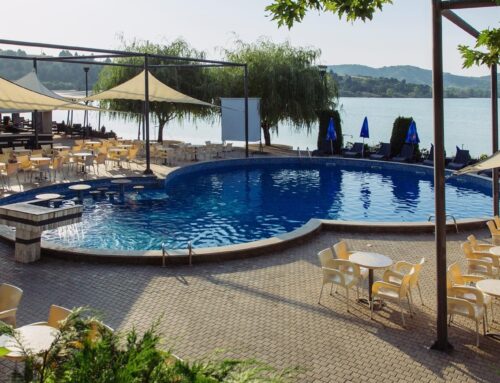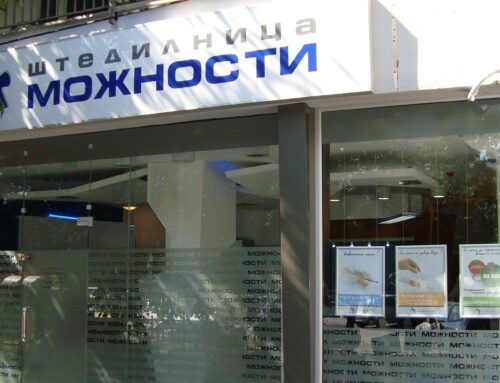
Macedonia has adopted a proactive approach to attracting FDI, and the strategy is paying off. Vele Samak, Minister for Foreign Direct Investments, has been leading the country’s foreign-investment drive for the past eight years. He had previously worked in the US generating business development for Microsoft and has in-depth understanding of the needs of global companies. He discusses Macedonia’s investment appeal.
European Times: What is your role as Minister for FDI?
Vele Samak: The Prime Minister wanted someone with private-sector experience who would take a practical approach to attracting FDI by going out there and meeting executives and convincing them to consider Macedonia. In my eight years as minister, I have had more than 2,000 direct meetings with potential investors in Europe, North America and Asia, and these meetings have generated around 100 FDI projects, eight of them very large.
European Times: What are some of Macedonia’s recent FDI projects?
Vele Samak: Large projects, in both capital investments and job creation, include a 2007 investment by Johnson Matthey, an investment by Germany’s Kromberg & Schubert which created 2,200 jobs, a project by Draxl Maier which created 4,800 jobs, and an investment by Van Hool, a Belgian manufacturer of premium buses which chose Macedonia as the site of its first manufacturing facility outside Belgium. Our ministry recently got the green light for an investment by a Fortune 500 US automotive supplier which will set up operations in Macedonia and employ around 2,500 people. This will be the second-biggest foreign company investing in Macedonia after Johnson Controls. Recent FDI projects by eight or nine companies have generated more than 10,000 jobs and €1 billion in exports.
European Times: What is the secret of your success in attracting such significant FDI?
Vele Samak: Our strategy has been to go deep with the companies we meet. We spend a lot of time with each executive to learn about each company’s strategies, how that company might fit into Macedonia’s economy and what we can do to help. This approach has given us credibility among investors. We also narrowed our focus to concentrate on key sectors. When we meet potential investors, we explain everything about investing in Macedonia, including logistics, local suppliers and partners. The next step is to host the investor on a visit to Macedonia where we arrange as many meetings as possible with local officials and business leaders.
European Times: What kinds of investments are you looking for?
Vele Samak: We are focusing on Greenfield projects, both for manufacturing and for business-process-outsourcing. For investments in manufacturing, Macedonia offers advantageous costs and good logistics connections to EU markets. Concerning BPO, Macedonia offers flexibility, costs comparable to India’s, and multilingual human resources with knowledge of European markets and cultures. Several potential investors are currently looking into establishing manufacturing facilities or call centres in Macedonia. My personal objectives included developing closer collaboration between foreign and domestic companies and ensuring that foreign investments result in technological advancement and higher-quality, skilled jobs.
European Times: Why should investors choose Macedonia over neighbouring countries?
Vele Samak: Labour, construction and operating costs are lower in Macedonia. In addition, Macedonia has a very business-friendly and accessible government and, as a small country, can provide the best possible services. The World Bank’s “Doing Business” report has ranked Macedonia among the world’s top countries for many years and recently raised Macedonia’s ranking based on the country’s upgraded standards and streamlined business processes. FDI projects employ around 20,000 people in Macedonia and we want that total to rise exponentially.
European Times: What are your main challenges in attracting FDI?
Vele Samak: Macedonia is a small country and has to work hard to get a place at the table. In addition, some potential investors are worried about corruption. The Macedonian government is dedicated to eliminating corruption through new laws, penalties, stronger enforcement and accessibility. Providing foreign investors with accessibility to government leaders at the highest level, including the Prime Minister, is a good way to combat corruption. We have had no corruption issues with foreign investors so far and we intend to keep it that way.
European Times: What is your vision for FDI in Macedonia in the future?
Vele Samak: Given the current difficult conditions for enterprises in Europe, Macedonia has an advantage because of its attractive costs. I anticipate growth in FDI in ICT and related industries, production of medical equipment and other sectors in which Macedonia can be more and more competitive. I hope that by 2020 Macedonia will be the home of many more companies employing the latest technologies and offering job opportunities for skilled engineers and other highly-trained professionals.
European Times: What is your personal message to potential investors?
Vele Samak: For the cost of a ticket to visit Macedonia for two or three days, you will discover a wealth of opportunities here. You will never regret taking a closer look at Macedonia.




